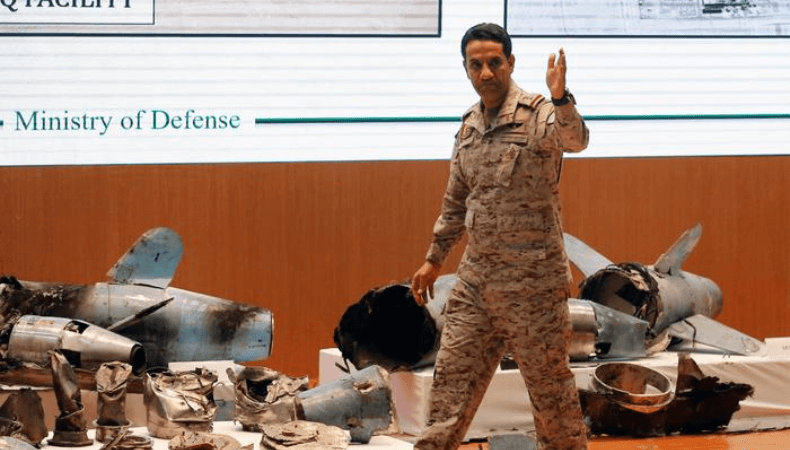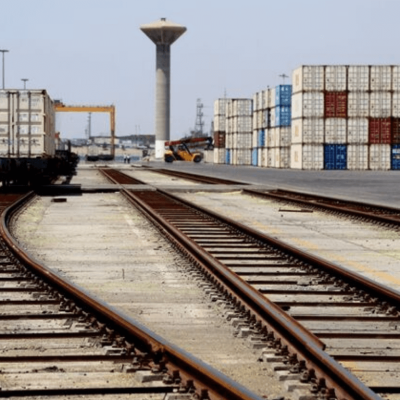Iran’s Secret Missile Factory Blown Up by a Rebel Group: What Does It Mean for the World?

A series of explosions that rocked an Islamic Revolutionary Guards Corps (IRGC) base in Tehran last week were the result of a sabotage operation by a rebel group, according to a leaked document obtained by RFE/RL’s Radio Farda¹.
The document, which allegedly comes from the IRGC, confirms that the blasts occurred at the Shahid Hemmat Industrial Group, a facility that produces ballistic missiles for Iran’s military and its proxies. The document also reveals that the rebel group behind the attack was the Mujahedin-e Khalq Organization (MKO), a banned opposition group that advocates for the overthrow of the Iranian regime.
The explosions, which killed at least two IRGC members and injured several others, have raised questions about the security and stability of Iran’s missile program, which is considered a key pillar of its deterrence and defense strategy. The explosions have also exposed the vulnerability and fragility of Iran’s nuclear negotiations with world powers, which have been stalled since June 2021.
How did the MKO sabotage the missile factory?
The MKO, also known as the MEK, is a controversial group that has a history of armed resistance and terrorism against the Iranian regime since the 1979 Islamic Revolution.
The group, which is based in Albania and has supporters in Europe and the United States, claims to have a network of agents and sympathizers inside Iran who carry out covert operations and cyberattacks against the regime’s targets.
According to the leaked document, the MKO used “internal agents” who planted improvised explosive devices (IEDs) inside the missile factory and detonated them remotely. The document also says that the MKO took advantage of the darkness and the day off on Friday to carry out the operation and record a video of the explosions, which it later published on its website and social media.
The document accuses the MKO of spreading false and defamatory information about the nature and extent of the damage, and says that the IRGC has taken measures to prevent such incidents from happening again.
The document also warns that the IRGC will retaliate against the MKO and its supporters, and calls on the Iranian people to remain vigilant and united against the “enemies of the revolution.”
Keep Reading
What does the sabotage mean for Iran’s missile program?
Iran’s missile program is one of the most advanced and diversified in the region, and a source of pride and prestige for the regime. Iran has developed a range of short-, medium-, and long-range ballistic missiles that can strike targets in Israel, Saudi Arabia, and other countries.
Iran also provides missiles and missile technology to its allies and proxies, such as Hezbollah in Lebanon, the Houthis in Yemen, and the Iraqi militias.
The sabotage of the missile factory, however, has exposed the weaknesses and risks of Iran’s missile program, which relies on a complex and secretive network of facilities, personnel, and resources.
The sabotage has also demonstrated the capabilities and determination of the MKO and other opposition groups to challenge and undermine the regime’s military and security apparatus.
The sabotage could have implications for Iran’s regional and international relations, as well as its nuclear negotiations. The sabotage could escalate the tensions and conflicts between Iran and its rivals, such as Israel, Saudi Arabia, and the United States, who view Iran’s missile program as a threat and a violation of UN resolutions.
The sabotage could also complicate the efforts to revive the 2015 nuclear deal, which imposed limits on Iran’s nuclear activities in exchange for sanctions relief. The deal, which was abandoned by the US in 2018 and violated by Iran in 2019, does not address Iran’s missile program, which is a major point of contention between the parties.
What does the sabotage mean for the world?
The sabotage of the missile factory is a reminder of the volatility and unpredictability of the situation in Iran and the Middle East, and the potential for further violence and instability. The sabotage is also a sign of the growing discontent and resistance among the Iranian people, who are suffering from economic hardship, political repression, and social injustice under the regime.
The sabotage could have consequences for global security and stability, as well as the prospects for diplomacy and dialogue. The sabotage could trigger a cycle of retaliation and escalation that could spiral out of control and lead to a wider regional or international conflict.
The sabotage could also hamper the efforts to restore trust and cooperation between Iran and the world powers, and to find a peaceful and lasting solution to the nuclear issue.
The sabotage of the missile factory, therefore, is a wake-up call for the world to pay attention and take action to address the challenges and opportunities posed by Iran and its missile program.
The world should support the Iranian people’s aspirations for freedom and democracy, and pressure the regime to respect human rights and the rule of law. The world should also engage with Iran in a constructive and comprehensive manner, and seek to resolve the outstanding issues through dialogue and diplomacy.






